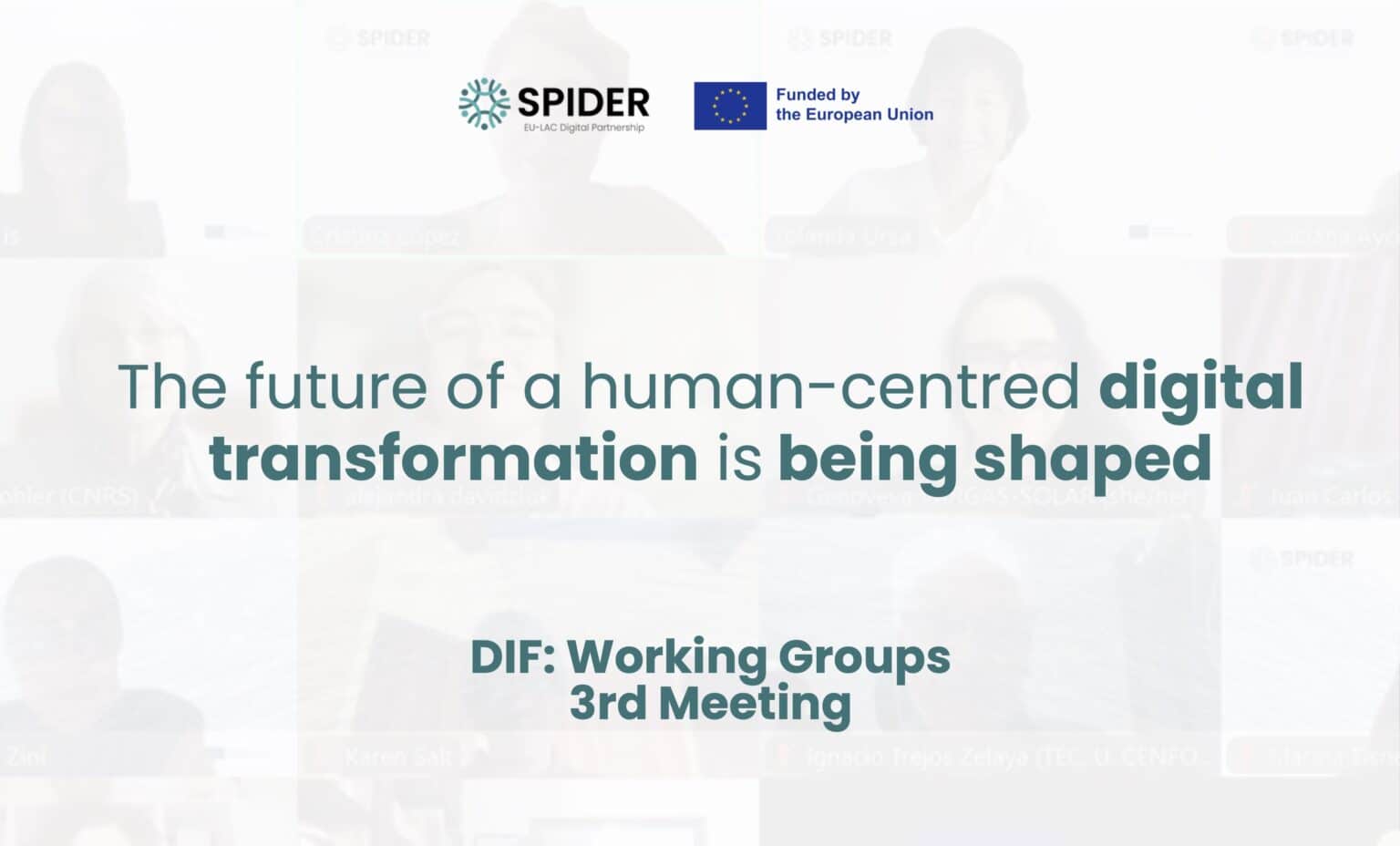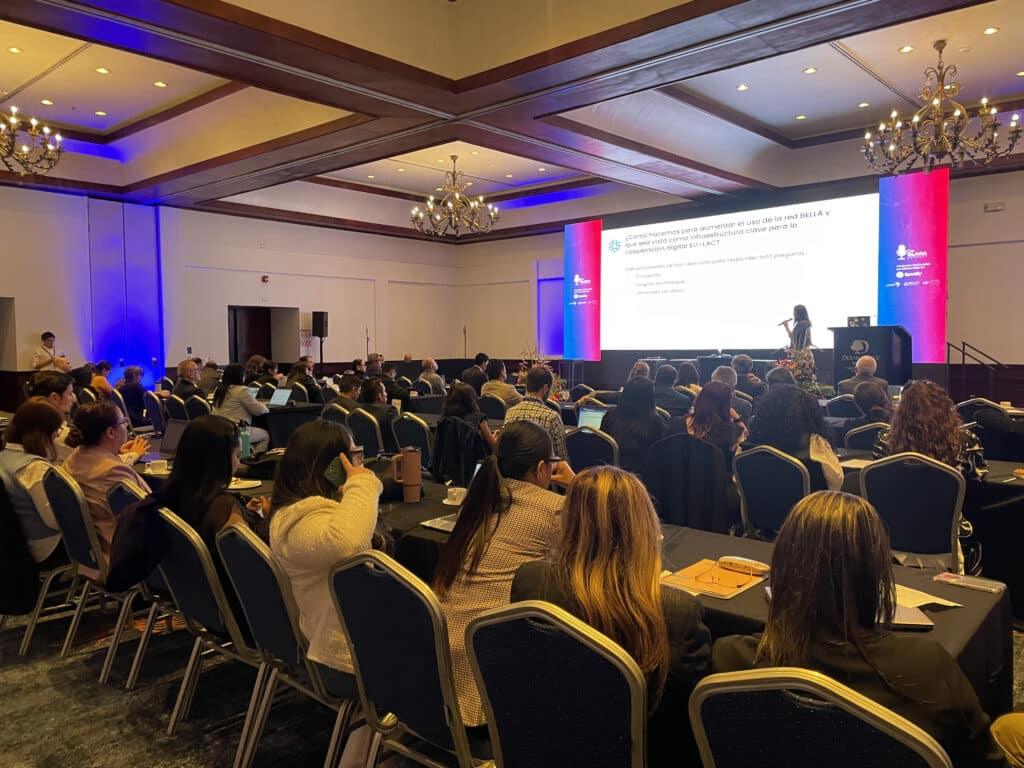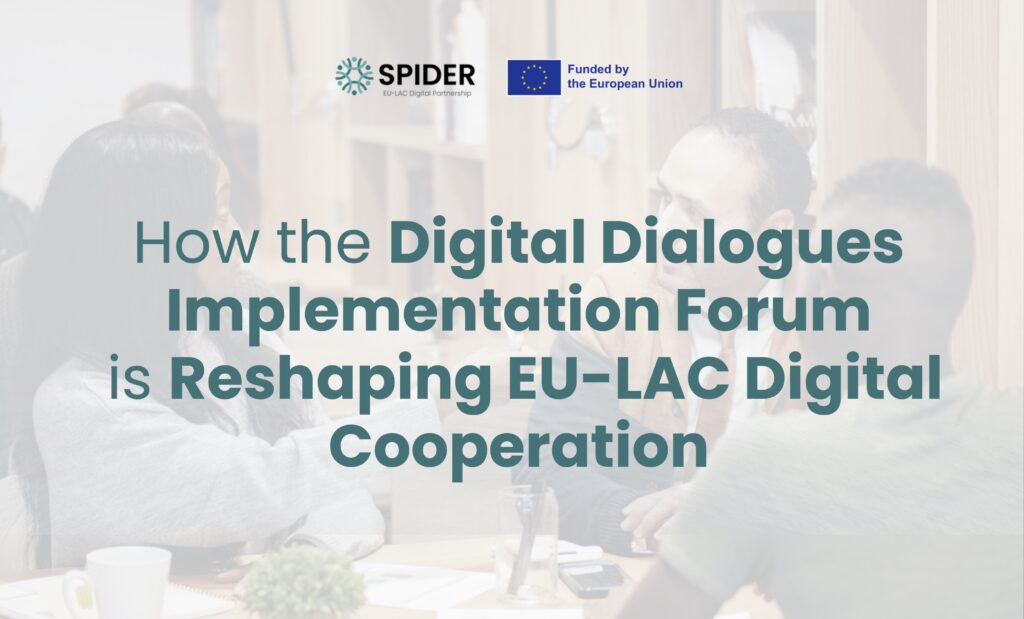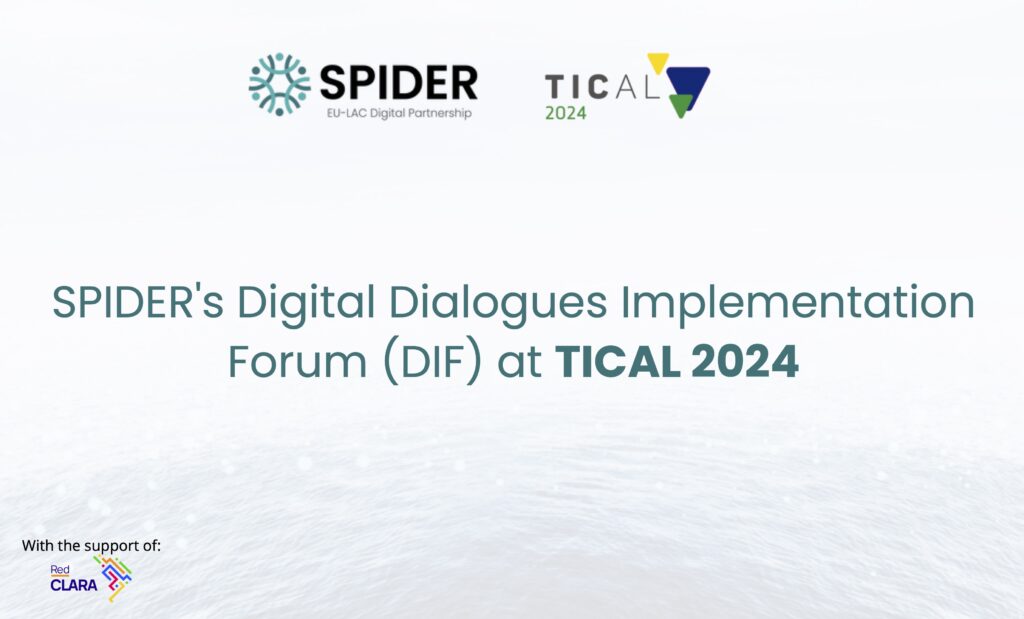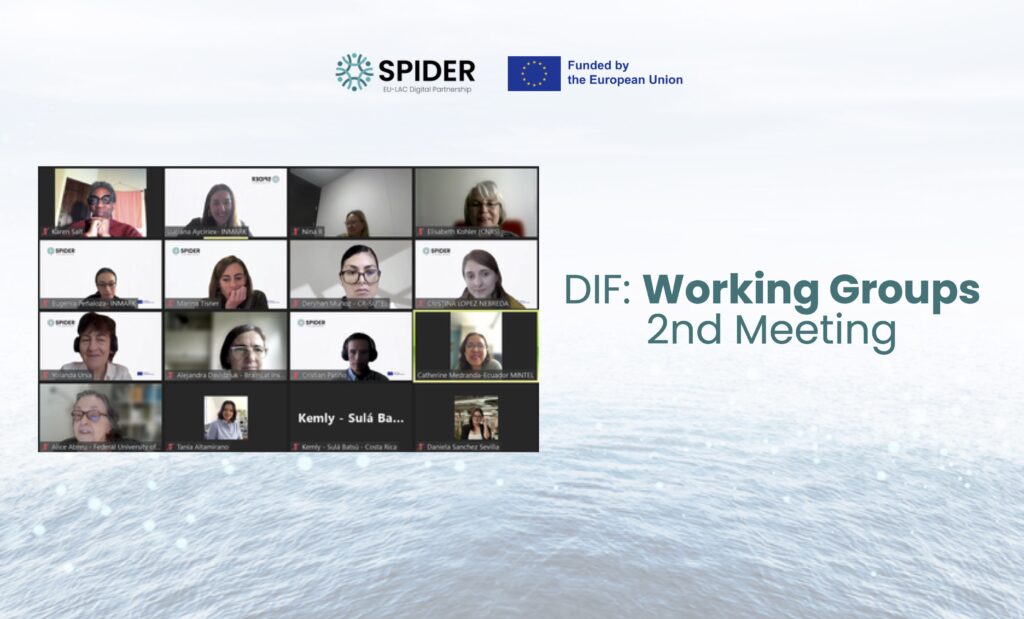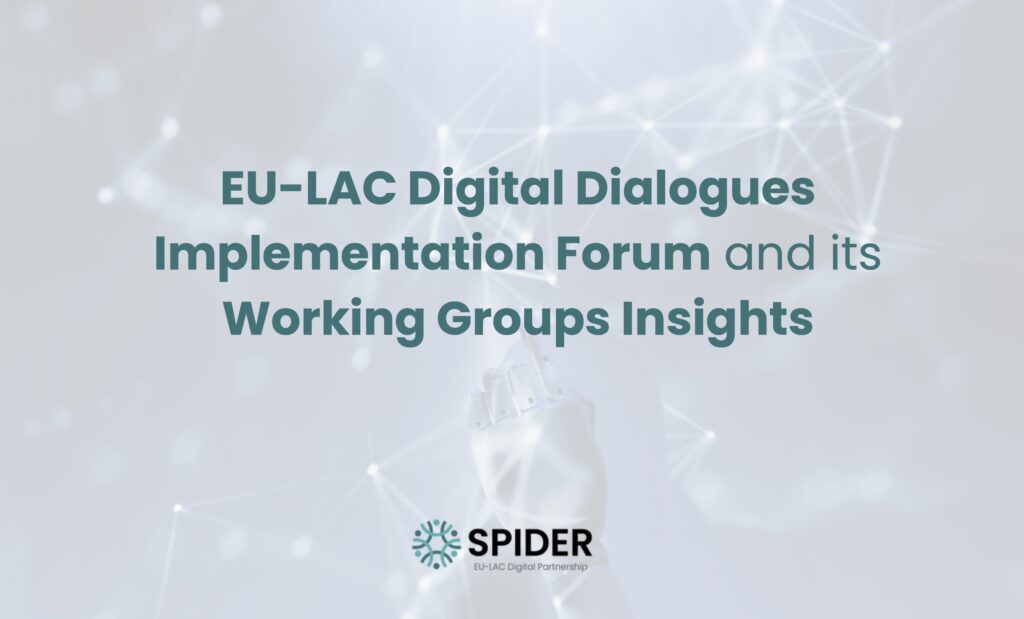The recent Working Groups meeting revealed significant progress in making digital transformation more human-centred across EU and Latin American & Caribbean regions.
AI Governance Goes Regional
LAC countries are crafting their own approaches to AI. Brazil and Mexico have introduced national AI legislation that reflects local values, whilst institutions like CENFOTEC University develop ethical guidelines suited to their contexts.
The key challenge? Addressing global data asymmetries where the Global South does the labour-intensive work whilst the Global North captures economic value—a pattern participants described as “digital dependency.”
Digital Sovereignty Gains Momentum
European companies cautiously adopt cloud solutions, preferring EU-compliant providers like Nextcloud and initiatives like Gaia-X. Meanwhile, LAC faces financial barriers but is pushing for regional alternatives.
Spain’s investment in national computing capacity demonstrates that digital sovereignty is moving from aspiration to policy reality.
Gender Gaps: From Barriers to Breakthroughs
Women face multiple obstacles in tech: limited rural connectivity, lower digital literacy, underrepresentation in STEM, and embedded technology biases.
Solutions are emerging through initiatives like Spain’s PROFEA programme for rural women’s digital literacy and networks like Women Tech Europe. The focus is shifting from access to ensuring women shape technology development.
AI Bias Becomes Actionable
Examples of AI bias are stark: soap dispensers that don’t recognise darker skin, biased hiring algorithms, and discriminatory healthcare AI. These aren’t accidents—they stem from incomplete datasets and unrepresentative development teams.
The solution requires diverse development teams, explainable AI tools, and crucially, transparency about when AI influences decisions affecting people’s lives.
The Implementation Gap Closes
The overarching theme is clear: the gap between digital policy commitments and practical implementation is narrowing through regional innovation, collaborative approaches, and community-driven solutions.
Human-centred digital transformation isn’t just a concept—it’s becoming a reality through forums that ensure technology serves humanity, not the reverse.
Conclusion: Human-Centred Digital Transformation in Action
The insights from this meeting demonstrate that human-centred digital transformation isn’t just a buzzword—it’s a framework for ensuring technology serves humanity rather than the reverse. As the EU-LAC Digital Innovation Forum continues evolving, it’s creating space for conversations that move beyond technical specifications to address fundamental questions of equity, sovereignty, and social justice in our digital future.
The challenge ahead lies not in choosing between innovation and inclusion, but in proving they’re inseparable. The progress emerging from these dialogues suggests this integration isn’t just possible—it’s already happening.

